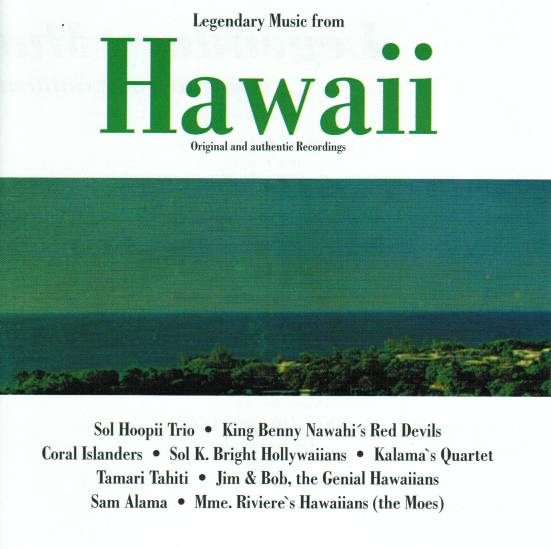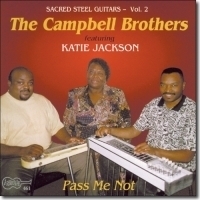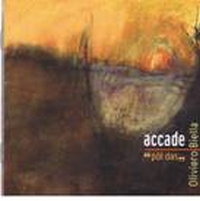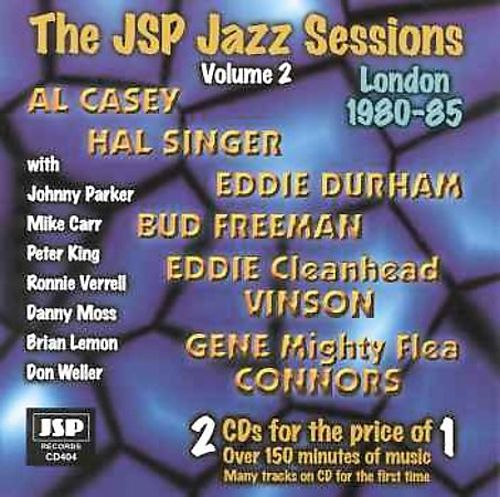The Flying Lizards
€11,10 €8,47
Description
Track Listing:
1. Der Song von Mandelay - 2:29 2. Her Story - 4:37 3. TV - 3:40 4. Russia - 6:15 5. Summertime Blues - 3:08 6. Money (That's What I Want) - 5:32 7. The Flood - 4:58 8. Trouble - 2:48 9. Events During Flood - 3:17 10. The Window - 4:53 11. Money [Single Edit] - 2:32
Reviews:
1. AllMusic - Mark Deming
In the late 1970s, composer and producer David Cunningham was savvy enough to cloak his experimental music in the disguise of a novelty record, at least for a while; his fractured deconstructions of Eddie Cochran's "Summertime Blues" and Barrett Strong's "Money," released under the moniker the Flying Lizards, managed to inch into the pop charts because folks thought they were some sort of musical joke, even though Cunningham's wit didn't negate the seriousness of his musical ambitions. After the international success of "Money," Virgin Records wanted a Flying Lizards album to go along with it, and the resulting LP was where Cunningham's cred as an artist ran up against his instincts as a pop satirist. The principle reason "Money" became a left-field hit was that even though the song had been bent within an inch of its life, it still had a catchy hook and, if you wanted to, you could dance to it. That can't honestly be said for the new material Cunningham and his associates put together for the album; except for Bertold Brecht and Kurt Weill's "Der Song von Mandelay," which doesn't have an honestly memorable hook, the new tracks are all originals and they're informed by the space and anything-goes vibe of dub instead of radio-ready pop, and while they're intelligent and well-executed, they're not especially compelling. Through the soundscapes that dominate the second half of this album are more interesting to talk about than to hear, at least they're better than the vocal tracks closer to the beginning, which sound both pretentious and musically flawed. The Flying Lizards' first album unwittingly followed one of the greatest traditions of '50s and '60s pop -- take a hit single, surround it with a whole bunch of filler less interesting than the hit, and presto! You have an album. Too bad Cunningham didn't prove to have as much vision as, say, Count Five or the Royal Guardsmen, who did better with the quickie album concept than he did.











